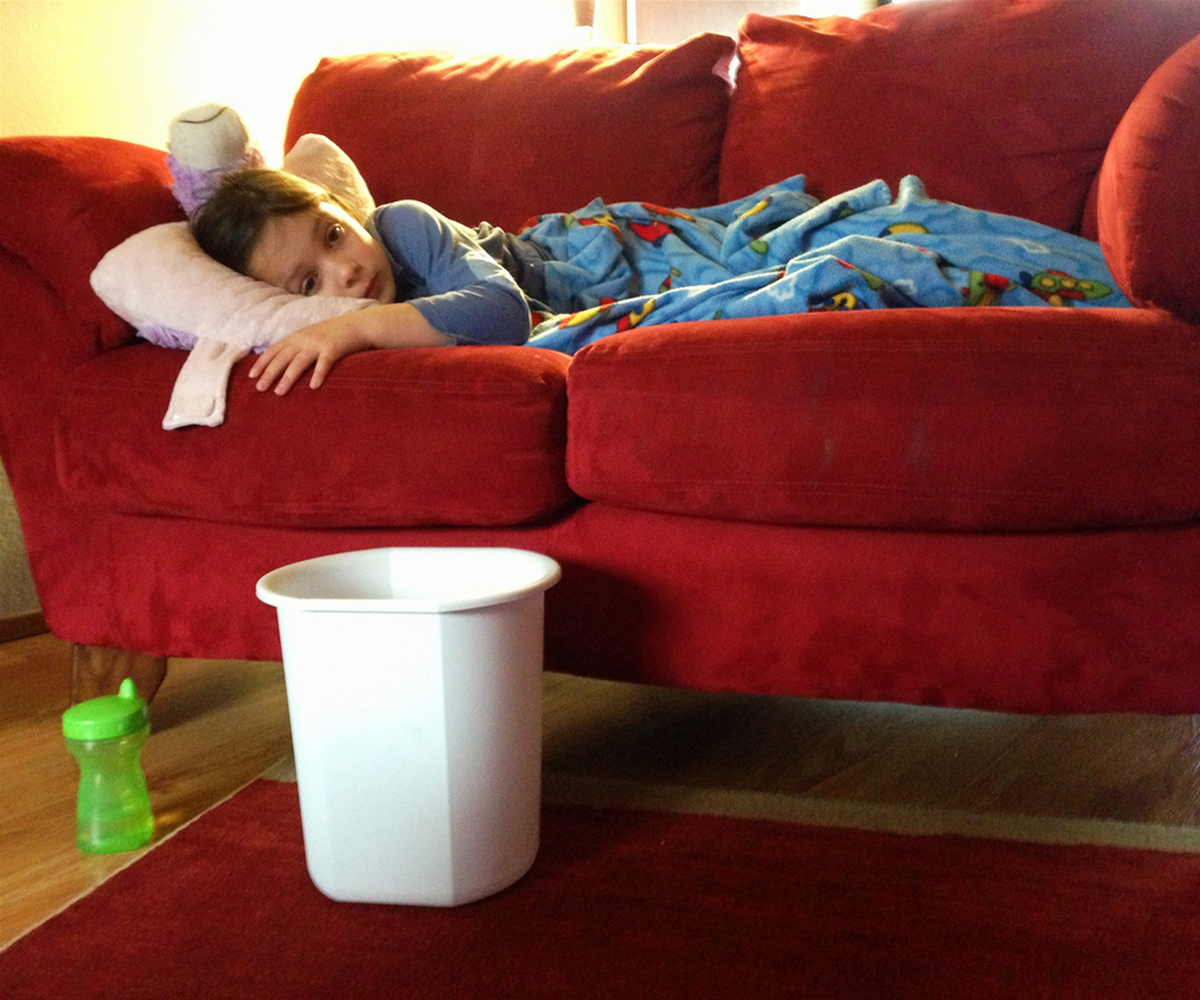Table of Contents
Although most people who become infected with norovirus, recover in a few days, it can be very serious for others. According to the CDC, about 70,000 people in the United States requires hospitalization for norovirus each year.

Complications From Norovirus
As if the symptoms of norovirus were not enough to make you miserable, complications are possible. For example, although additional research is needed, some studies have indicated norovirus may be associated with chronic diarrhea in some people.
Another possible complication of norovirus is dehydration. Dehydration occurs due to fluid loss from excessive diarrhea and vomiting. Dehydration is particularly serious in young children. Signs of dehydration include fatigue, listlessness, dizziness, dry mouth and cracked lips. Headache and decreased urine output also often occur.
In children and infants, symptoms of dehydration may also include unusual fuzziness and a lack of wet diapers.
Dehydration can lead to additional problems. When the level of fluids in the body becomes too low, it can lead to electrolyte imbalances. Electrolytes including salt and potassium are essential for proper functioning of the heart. If dehydration from norovirus becomes severe enough, electrolyte disturbances can lead to cardiac problems, such as irregular heart rhythms.
Although there is no medication available to destroy norovirus, treatment is aimed at preventing complications and easing symptoms. Since preventing dehydration is a primary concern, people with norovirus are encouraged to drink small amounts of liquids frequently. Sports drinks and water are best. In some cases, IV fluids may be necessary to treat dehydration from norovirus. Medication to decrease nausea and vomiting may also be given.
Norovirus Prevention
In most cases, the illness runs its course and people recover. But preventing the infection is always best.
As with most types of viral infections, hand washing is one of the most important things you can do to protect yourself from becoming sick with norovirus. Although hand washing is a simple and effective way to reduce infection rates, it may not be done as frequently as it should.
Be sure to wash your hands thoroughly, especially after using the restroom. The virus can be present in the stool even before you feel sick. In addition, always wash your hands before eating. You may have unknowingly touched a surface that was contaminated with the virus.
Since the virus may live on surfaces for a short period of time, disinfecting objects and surfaces, which someone with the virus may have touched, may prevent infection. Toys, countertops, sinks and toilets should all be disinfected with a bleach and water solution.
Food can also become contaminated with norovirus, so washing fruits and vegetables is always advisable. Additionally, if you are sick with the infection, avoid food preparation. Although you probably will not feel like cooking, remember handling food others will eat can spread the infection.
See Also: Preventing Flu Complications
If any clothing, towels or bedding becomes contaminated with vomit or stool from someone infected with the virus, wash the items with hot water and detergent for the longest available machine cycle.
- www.mayoclinic.org/diseases-conditions/norovirus/basics/complications/con-20029968
- www.cdc.gov/norovirus/about/transmission.html
- Photo courtesy of dno1967b by Flickr: www.flickr.com/photos/dno1967b/7482252048
- Photo courtesy of Lorenkerns by Flickr: www.flickr.com/photos/lorenkerns/8395968986


Your thoughts on this